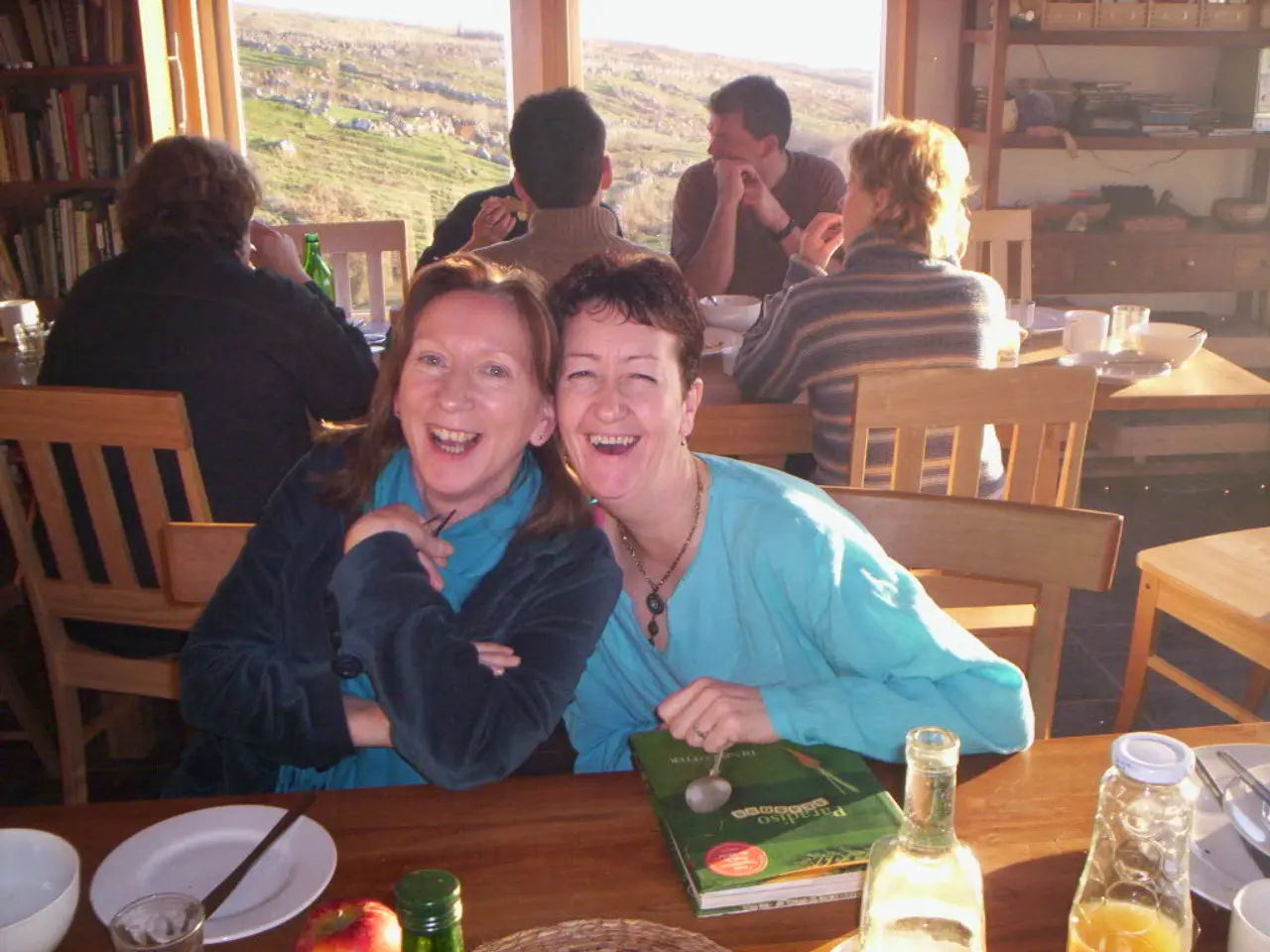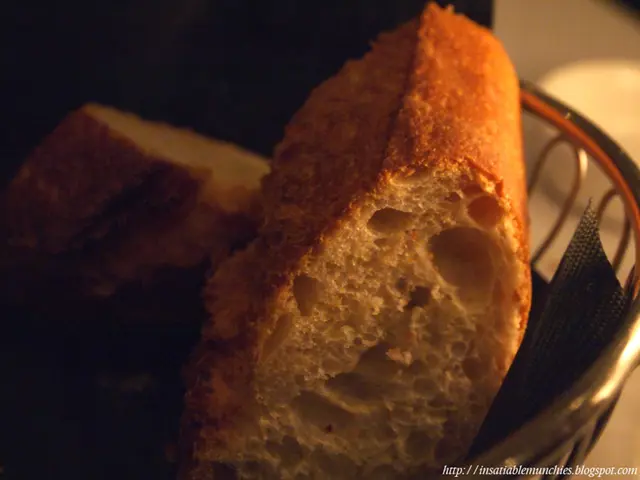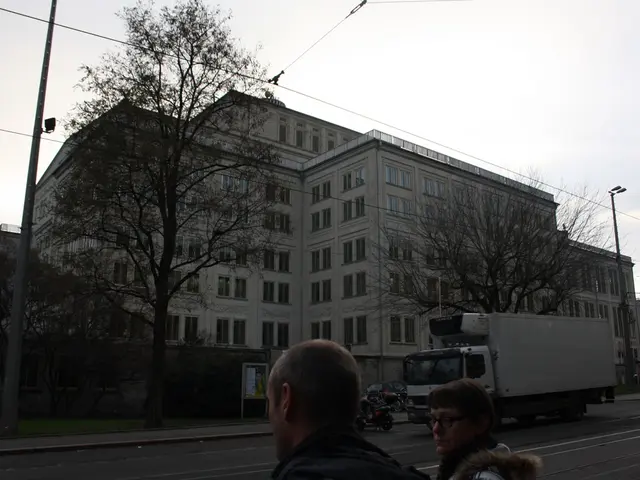Politics could undergo a significant change with the leadership of Co-chair Foza Yusif.
In a recent visit to India, senior Kurdish politician Foza Yusif shared insights about the transformation of Kurdish society and the role of women in shaping its future.
Yusif, who has spent over a decade building the Democratic Autonomous Administration of North and East Syria (DAANES), spoke about the beginnings of their administration, uprisings in 2011, and the establishment of the DAANES system with the active participation of women.
The struggle of Kurdish women, Yusif emphasised, is not just about resistance against oppressive regimes, but also about pioneering societal transformation. According to Yusif, the remaining 90 percent of the Kurdish women's struggle focuses on transforming society, with young women becoming decisive voices in social and political life.
In the DAANES system, women take a 50 percent share in all institutions, and the co-chair system has been implemented. Yusif believes that true democracy cannot be established when half of society is left out.
Yusif's visit to India comes at a time when debates over women's representation, centralisation of power, and the place of diversity within democracy are once again raw. Yusif argues that showing women are leading players in decision-making processes is the most powerful way to transform politics and society.
The international image of Kurdish women with weapons troubles Foza Yusif. While the resistance against ISIS was important, Yusif believes it represents only a small part of the Kurdish women's struggle, perhaps 10 percent. The real solution, according to Yusif, lies in the democratisation of societies, the free expression of different identities and beliefs.
Yusif sees the solidarity of Indian women and the Indian people with the Kurds as meaningful, not only from the perspective of the Kurds, but also in terms of making cultural diversity and common human values more visible.
In Kurdish regions, children and young people are freely receiving education in their own language. Cooperatives, universities, cultural institutes, and the principle of co-chairing are the real signs of change in Kurdish regions.
Yusif suggests that the co-chair model could be trialed within civil society organisations, youth structures, or democratic platforms in India. The ideas tested in Rojava, the Kurdish autonomous region in Syria, matter far beyond West Asia, according to Yusif.
Furthermore, Yusif sees a connection between the Kurdish experience and the Palestinian conflict. Attempting to resolve problems solely through security or military means does not bring lasting peace, Yusif argues. Instead, lasting peace can only be achieved through the democratisation of societies and the free expression of different identities and beliefs.
As Yusif's words meet an Indian audience, it is clear that the Kurdish struggle for democracy and self-determination resonates with people across the globe, offering valuable lessons for those seeking to build more inclusive and democratic societies.
Read also:
- Inherent Skills Know No Bounds, Yet Access to Employment Remains Unequal: Suggestions for a More Equitable Job Market of the Future
- Affordable supermarket purchases from dollar stores are not sabotaging typical American nutritional habits, according to research findings
- Impact of Chronic Stress on Cognitive Function and Brain Integrity Over Time
- Subaquatic Education Bundle








